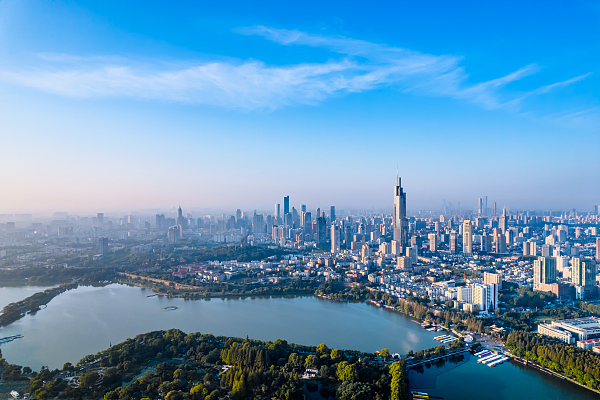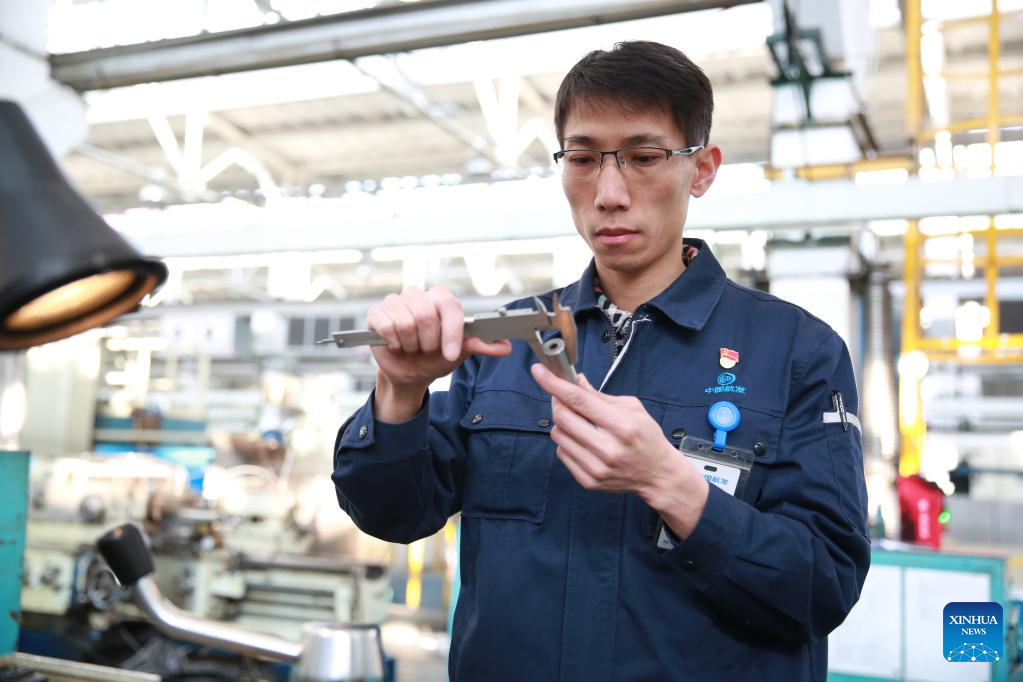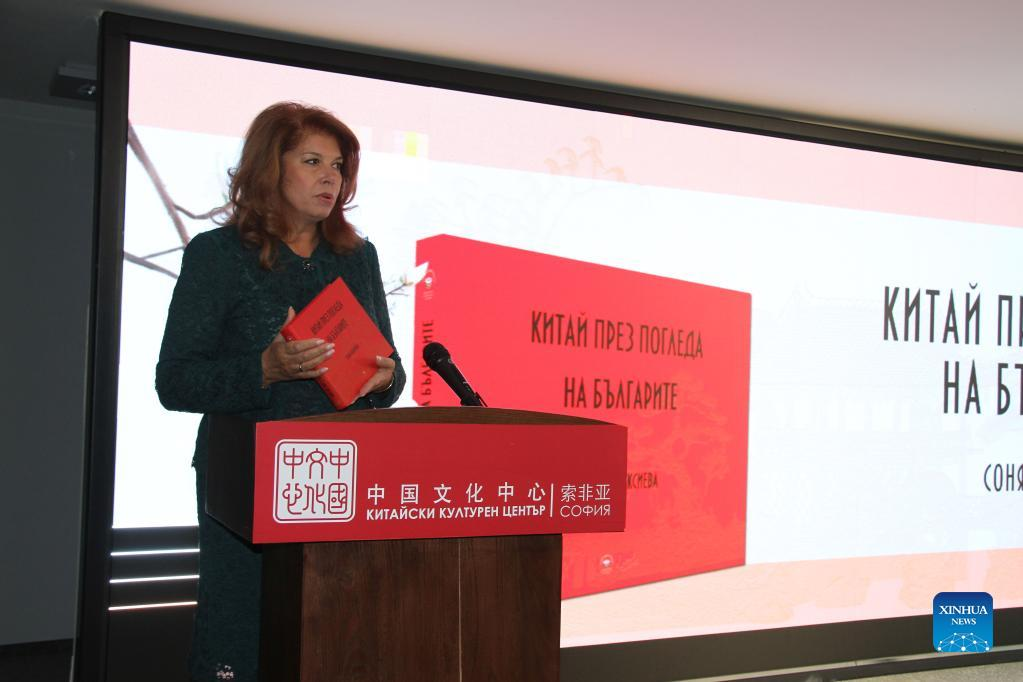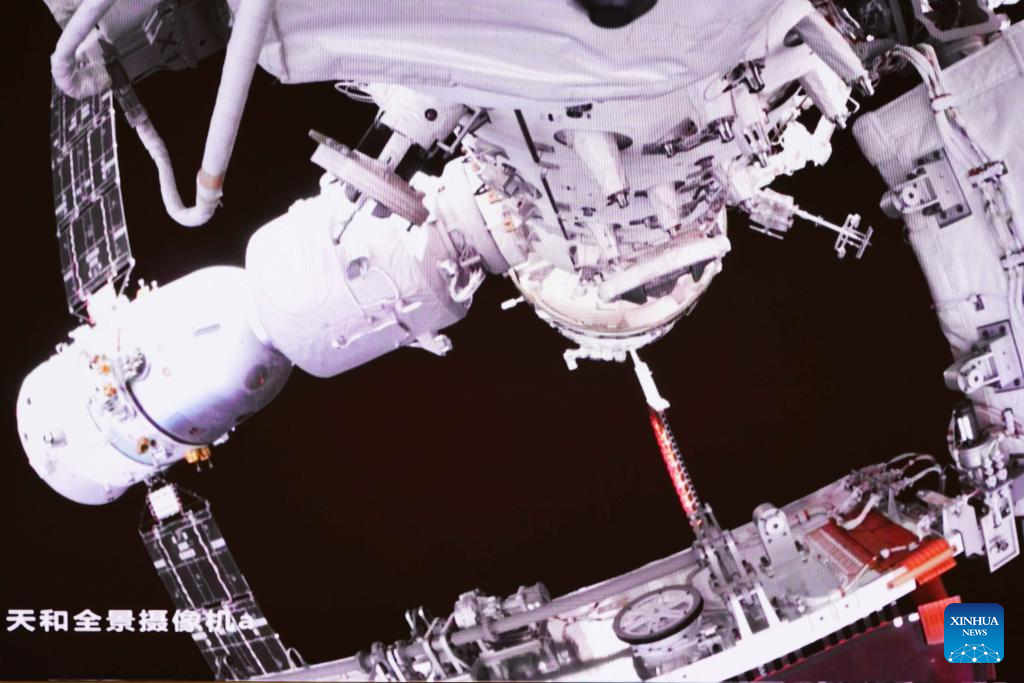
(CFP Photo)
Regional governments in the Yangtze River Delta have made it a priority to cultivate new productive forces for economic development in 2024.
With innovation playing the leading role, new productive forces mean advanced productivity that is freed from traditional economic growth mode and productivity development paths, features high-tech, high efficiency and high quality, and aligns with the new development philosophy. Marked by innovation and with high quality as the key, new productive forces are advanced productivity in essence.
Encompassing Shanghai and the three provinces of Jiangsu, Zhejiang and Anhui, the delta contributes about 25% of China's total GDP.
Shanghai's government work report highlights its ambition to become an international economic center city. Committed to industrial innovation, Shanghai is set to prioritize intelligent and green transformations and integrated development, accelerate the establishment of a modern industrial system, and actively encourage the growth of new productive forces.
Stressing innovation and green development approach, Jiangsu aims to facilitate the deep integration of the digital and real economies, and advance the deep-level reforms and the high-level opening up. The province will build a robust ecosystem conductive to new productive forces, positioning itself as a leader in this nationwide endeavor, and continue to inject fresh momentum into its high-quality development.
In Zhejiang, the government work report includes goals to increase the added value of strategic emerging industries by more than 10% and promote manufacturing clusters and high-quality growth.
Anhui’s government work report outlined progress made in fostering new productive forces in 2023. The province’s automobile output increased 48.1% year-on-year to 2.491 million units, including 868,000 new energy vehicles, up 60.5%. The PV manufacturing industry’s revenue exceeded more than 290 billion yuan, ranking third nationally, while the added value of high-tech industry grew by 11.2%.




















